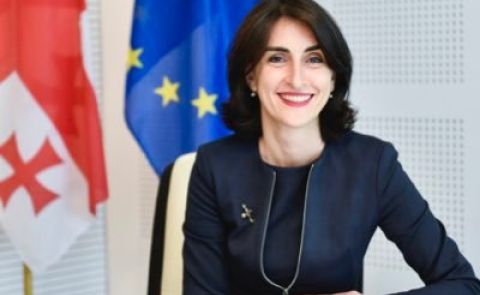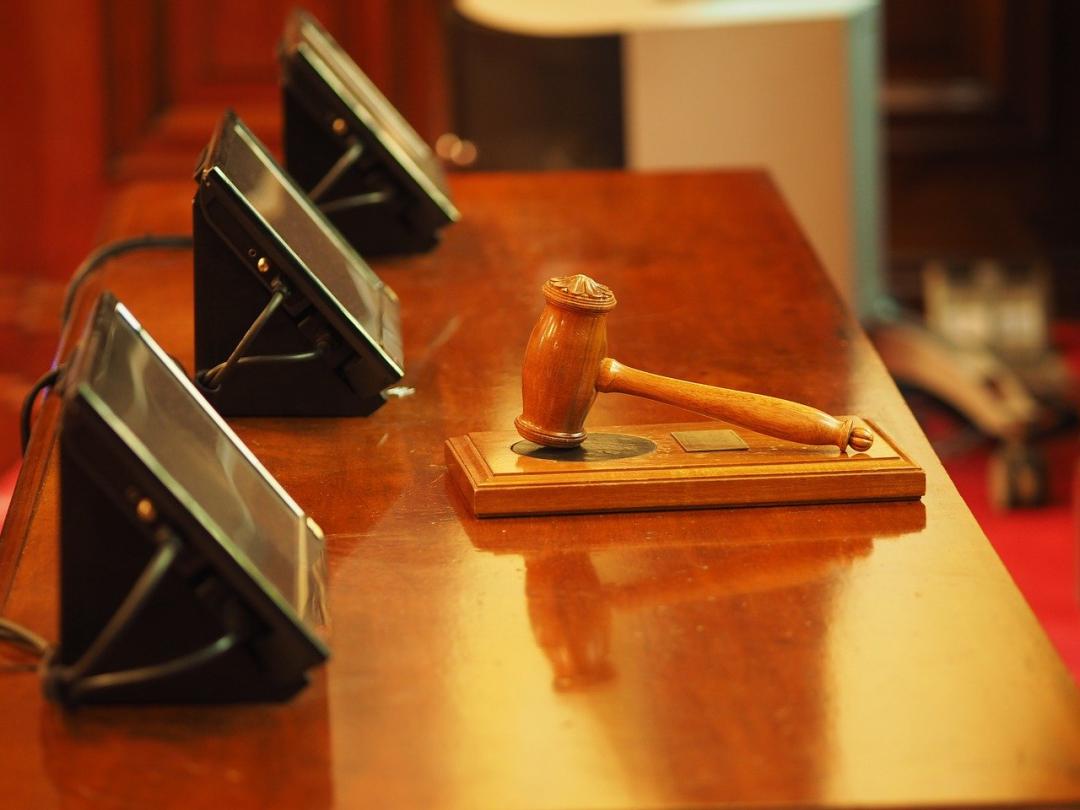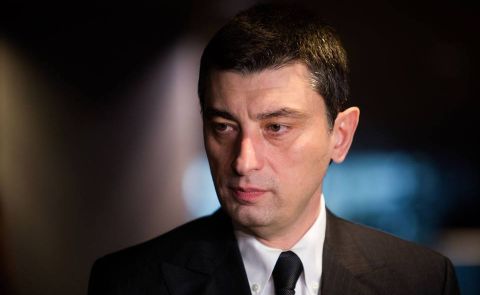
Reactions to the Arrest of Japaridze

On May 22, the Tbilisi City Court, presided over by Judge Irakli Shvangiradze, ordered the pre-trial detention of Zurab Japaridze, leader of the opposition party Girchi – More Freedom. The ruling followed Japaridze’s refusal to testify before a parliamentary commission investigating alleged abuses by the former United National Movement (UNM) government. Japaridze, like many opposition figures, has publicly rejected the legitimacy of the parliament elected on October 26, 2024. As he was led away in handcuffs, he defiantly declared, “In the end, we will win.”
The decision has sparked widespread international condemnation and heightened concerns about Georgia’s democratic backsliding. Among the first to respond was Sweden’s Ambassador to Georgia, Anna Lyberg, who expressed deep concern over the increasing pressure on opposition figures, including Japaridze’s arrest, calling such actions inconsistent with European Union values.
The Lithuanian Ministry of Foreign Affairs described the detention as a troubling indicator of democratic decline and expressed strong solidarity with Japaridze. Similarly, U.S. Senator Jeanne Shaheen called the arrest “appalling and unjust,” warning that it further demonstrates the Georgian Dream government’s erosion of democratic institutions.
Dan Barna, a Member of the European Parliament and Vice President of Renew Europe, denounced the case as a “sham political trial,” labeling the government as pro-Russian and accusing it of targeting pro-European opposition leaders. His remarks were echoed by U.S. Representative Joe Wilson, who accused the Georgian Dream party of setting a precedent to silence all political opposition and aligning closer with authoritarian regimes like China and Iran.
European Parliament member Rasa Juknevičienė warned that the government’s escalating repression has already crossed critical thresholds and called for immediate EU sanctions against Bidzina Ivanishvili and his inner circle. Fellow MEP Petras Auštrevičius also condemned the arrest, describing it as another example of politically motivated persecution.
Marko Mihkelson, Chair of Estonia’s Foreign Affairs Committee, called the detention a direct attack on justice, democracy, and the rule of law, urging democratic governments to move beyond statements and take concrete action, including imposing sanctions.
Yevheniia Kravchuk, Vice President of the ALDE Party, linked Japaridze’s arrest to broader authoritarian trends in Georgia and pledged continued support for the country’s pro-European aspirations. Nathalie Loiseau, another MEP, questioned whether Georgia is becoming the next Belarus, emphasizing the urgency of the situation.
In a joint statement, the ALDE Party, Liberal International, and ALDE PACE strongly condemned what they described as a politically motivated imprisonment. They criticized the trial’s lack of transparency—conducted behind closed doors with only state-controlled media permitted—and accused the Georgian Dream government of attempting to eliminate opposition through intimidation and legal manipulation.
British MP James MacCleary accused the Georgian Dream party of further democratic backsliding and called for UK sanctions. The British Embassy in Tbilisi also expressed deep concern, describing the detention as disproportionate and politically motivated, particularly in light of recent efforts to outlaw opposition parties.
The Czech Ministry of Foreign Affairs raised alarms over the closed trial and urged Georgian authorities to uphold fundamental democratic principles and human rights. Lithuanian MP Žygimantas Pavilionis warned that the Georgian government’s current trajectory signals growing alignment with Russian interests, rather than integration into the European Union or NATO.
Norwegian Ambassador Bergljot Hovland added to the criticism, stating that Georgia is at a crossroads, facing a serious threat to its democratic institutions due to the increasing repression of opposition figures and the introduction of laws aimed at banning political parties.
As international reactions continue to mount, the arrest of Zurab Japaridze has become a flashpoint in Georgia’s ongoing political crisis, prompting stark warnings from European and American leaders about the country’s democratic future.
See Also


Pashinyan: “We Are Not Seeking to End Russian Troop Presence in Armenia”

Russia Begins 24/7 Radiation Monitoring in Dagestan After Iranian Nuclear Incident

How Do Caucasus States React to Israel-Iran War?

Weekly Brief on Military Situation in the South Caucasus (9–15 June 2025)

